United Kingdom Unveils Next Phase of Quantum Strategy With £500M Mission Funding and New UK–US Tech Partnership
At Quantum World Congress 2025, Tom Scott of the UK Office for Quantum detailed how the United Kingdom is moving from a decade of foundational investment to a new phase focused on industrialization, mission delivery, scale-up infrastructure, and an expanded network of global partnerships—including a newly signed UK–US Technology Partnership.
Delivering the National Quantum Update: United Kingdom at Quantum World Congress 2025, Tom Scott, Deputy Head of the UK Office for Quantum, presented the United Kingdom’s transition into the next era of its national quantum program—one centered on industrial scale, adoption, and long-term strategic missions.
“We need to bring end users together with the technology to accelerate adoption.”
Scott began by reflecting on the UK’s pioneering role: the first country in the world to launch a national quantum program. Over the past decade, the UK has invested more than £1 billion in public funding, catalyzing significant private-sector investment and creating one of the world’s most dynamic and diverse quantum ecosystems.
The UK now consistently ranks near the top globally in:
Quantum research output
Private investment
Number of companies
Breadth of quantum technologies across computing, sensing, timing, imaging, and communications
Scott emphasized the importance of end-use engagement—a longstanding strength of the UK program. Many UK industrial sectors are already deeply involved in quantum exploration, helping accelerate use-case development and technology adoption.
The Next Phase: Industrialization and Adoption
The UK is now designing the next phase of its national program. The goal: capitalize on the industrial opportunity built over the program’s first 10 years. This includes:
Quantum mission delivery
Scaling infrastructure, including new nanofabrication capabilities
Government demand signaling and procurement, to accelerate market adoption
Deep end-user engagement, aligning government and private-sector needs with emerging quantum technologies
A flagship example is the National Quantum Computing Centre (NQCC) testbed program, which houses seven different computing platforms under one roof.
This allows the government to test and evaluate multiple architectures, inform procurement decisions, and support industrial users exploring early applications.
Quantum Missions: Full-Stack, Cross-Platform, and Sector-Focused
The UK’s quantum strategy is built around national missions, each targeting areas where the UK sees major economic and societal opportunity.
Scott noted several themes:
Although the headline focuses on hardware, Mission 1 takes a full-stack portfolio approach, supporting:
Superconducting systems
Ion traps
Photonics
Emerging platforms
Software, algorithms, and applications
Research to integrate quantum with HPC and AI
The UK is targeting rapid deployment in high-value sectors such as:
Healthcare
Transport
Defense
Infrastructure
The aim: demonstrate quantum’s value proposition early, catalyzing investment and accelerating long-term adoption.
£500 Million for Quantum Computing Mission
This year, as part of the UK’s industrial strategy, the government announced over £500 million for Mission 1.
This funding will deliver:
A portfolio of computing platforms
Large-scale R&D programs
Procurement-style testbeds
Scale-up support through national finance mechanisms, including:
The National Wealth Fund
The British Business Bank
The National Security Strategic Investment Fund (NSSIF)
A key development: the UK is concluding its four-year spending review, enabling long-term, multi-year quantum programs with “gated” progression from technology development to deployment.
International Collaboration: A Core Pillar
Scott emphasized that the UK maintains one of the most open, internationally engaged ecosystems in the world.
Current partnerships include five formal MOUs with:
Denmark
Netherlands
United States
Canada
Japan
The UK also participates in major multilateral forums such as the Quantum Development Group.
Earlier in the week at QWC, IonQ announced its new EMEA headquarters in the UK, further reinforcing the country’s position as a global hub.
Breaking News: The UK–US Technology Partnership
Scott shared breaking news from London:
President Trump and the UK Prime Minister signed the new UK–US Technology Partnership earlier that morning.
Quantum is one of the partnership’s three focus tracks, alongside nuclear and AI.
Six collaborative areas were identified, including:
Benchmarking
HPC and AI convergence
Joint research
Shared industry exchanges
Early deployment programs
This agreement is expected to become a cornerstone of UK–US quantum cooperation.
Showcase and Engagement
Scott concluded by highlighting the UK National Quantum Technology Showcase, taking place on 7 November in London—one of the largest quantum-focused events globally, with broad participation from international delegations. He invited attendees to learn more and join the UK ecosystem in person.
